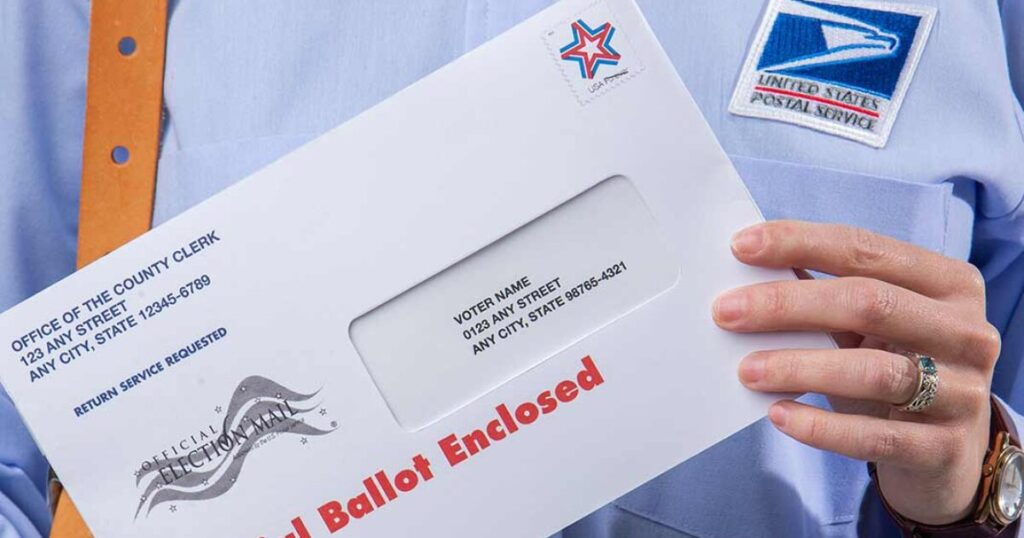On Sunday, the Pennsylvania Supreme Court dismissed a significant lawsuit concerning the practice of “mail-in ballot curing,” a process critical in the realm of absentee voting. Mail-in ballots were particularly pivotal in the 2020 presidential election, where Democrats utilized them extensively to boost Joe Biden’s chances against then-incumbent President Donald Trump. The election results in Pennsylvania were closely contested; Trump initially led by over 750,000 votes on election night. However, as counting continued over the ensuing weeks—particularly in Democratic-leaning areas like Pittsburgh and Philadelphia—Biden ultimately secured the state by roughly 80,000 votes, a result that some allege was facilitated through improper means, including claims of unmonitored ballot counting.
The Republican National Committee (RNC) sought to prevent mail-in ballot curing, alleging that the practice would contribute to a lack of election integrity. However, the Pennsylvania Supreme Court ruled that the lawsuit was filed too close to the upcoming Nov. 5 election, which features a rematch between former President Trump and current Vice President Kamala Harris. The ruling underscores the challenges the RNC faces in its attempts to combat mail-in voting practices, which have become increasingly crucial in modern elections.
The court’s decision means that Pennsylvania election officials can now inform voters about any errors in their mail-in ballots, thereby permitting them to rectify these mistakes before their votes are ultimately counted. This ruling stands in contrast to earlier decisions, such as a lower court’s ruling that deemed it unconstitutional to reject improperly dated mail-in ballots. This legal landscape reflects ongoing tension around voting rights and the various mechanisms states use to ensure vote counting integrity amid claims of widespread voter fraud.
In the context of upcoming elections, the implications of this ruling are significant, particularly given Pennsylvania’s critical role as a battleground state. The court’s decision to uphold mail-in ballot curing, alongside prior rulings concerning ballot validity, has led to growing concerns among Republican leaders. They argue that such practices could undermine trust in the electoral process, while Democrats contend that accessibility measures are essential to ensure voter participation, especially for those unable to vote in person.
The legal disputes surrounding mail-in ballots emphasize the broader national conversation about voting rights and election laws. The Republican Party has positioned itself against what it perceives as lax regulations regarding mail-in voting, advocating instead for stricter rules that they believe would secure the integrity of elections. On the other hand, Democrats argue that these efforts disproportionately impact marginalized voters, creating barriers to participation that could disenfranchise many eligible citizens.
The Pennsylvania Supreme Court’s dismissal of the RNC’s lawsuit also signals a broader judicial stance regarding election procedures leading into future election cycles. As both parties prepare for the intense political landscape ahead, the ongoing debates over mail-in balloting and election integrity will undoubtedly influence voter sentiment and strategic campaigning. Each party’s narrative surrounding this issue will resonate as they mobilize their bases and seek to sway undecided voters, making it imperative for both to navigate the shifting legal and political landscapes effectively.

